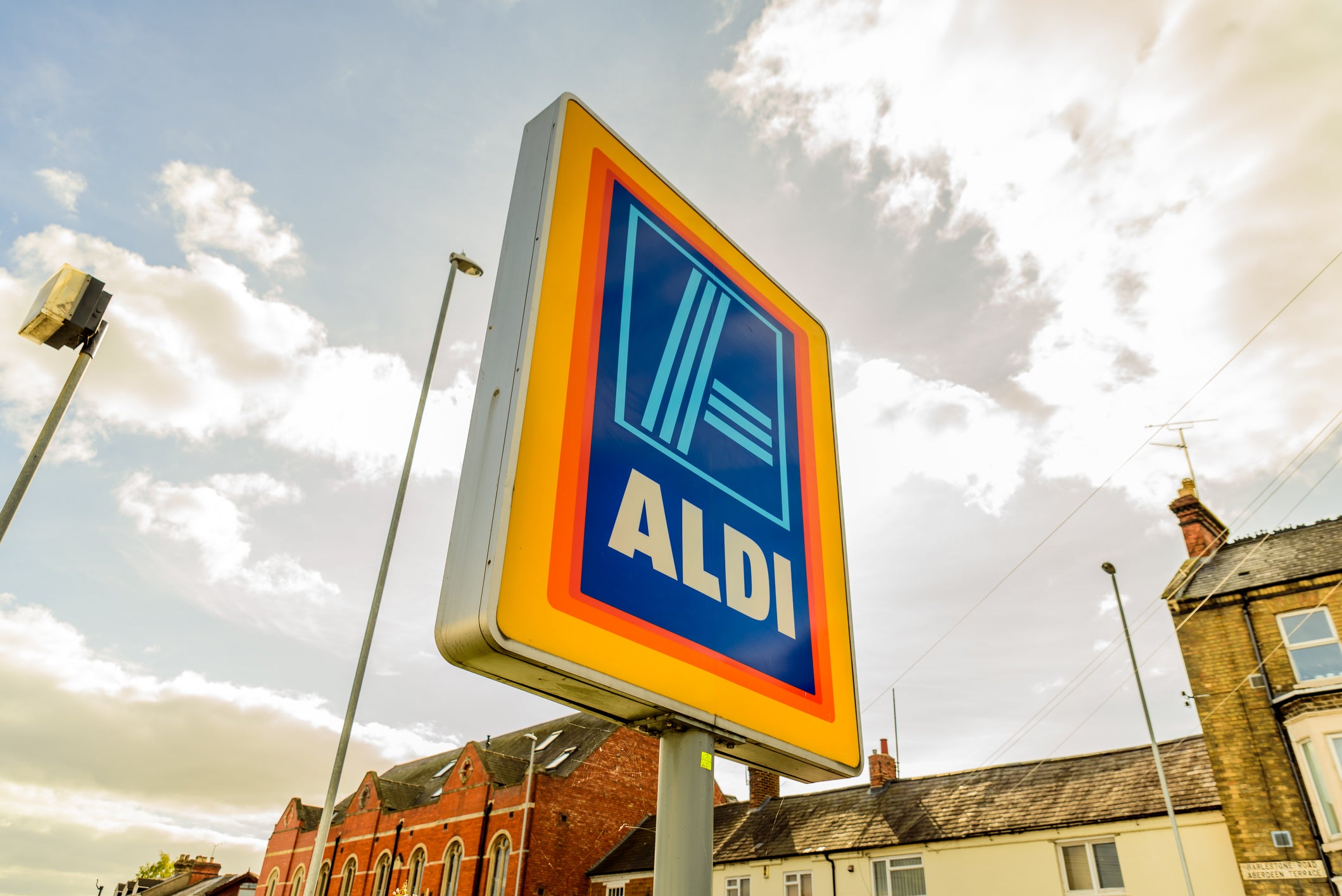Why the big supermarkets have good reason to fear Aldi
As the discounter announces plans to open a new store a week, James Moore says the ‘big four’ should be worried


Supermarkets’ low, low prices were a lot higher than they should have been before Aldi and Lidl got serious.
Operating margins of 5 per cent or more weren’t uncommon despite grocers’ claims of engaging in cut-throat competition for the shopper’s pound. They’ve come down a lot.
The sector’s big dog, Tesco, is making just above 3 per cent. How will it and the other members of the “big four” (Sainsbury’s, Asda, Morrisons) handle a fresh onslaught from the discounters? We’re about to find out.
Aldi makes 1.7 per cent, according to its latest UK results, which have just emerged. It recorded an 11 per cent increase in sales for the year to December 2018, but operating profits fell by 26 per cent to £198m.
That shouldn’t come as any great surprise when you consider that the business is still in its growth phase. For the next couple of years, it’s planning to open a store a week on average. It’s particularly keen to stamp its foot more prominently within the M25, with a plan to double the number of stores from 45 to 100 by the end of 2025.
The capital’s consumers should cheer that. Aldi’s business model isn’t terribly complex. It leverages its vast buying power to stock a limited range of products at a much lower price than its traditional rivals and puts money back into its customers’ pockets through doing that.
At the same time it has managed to establish a reputation for quality, key to expanding its appeal. This has all posed a serious challenge to its rivals.
Analysts sometimes like to point out that Aldi is not without challenges of its own. Most of its growth is coming from new openings. Getting more out of its existing estate is proving a lot harder.
When Aldi enters a new area, it draws in a lot of people. But then it reaches an equilibrium with its rivals. The business will face more of a challenge when most people have easy access to one of its outlets, or perhaps a Lidl, its shadow sibling which is growing at a similarly fast clip.
But here’s the thing: that’s years away from happening.
The existing players have chosen to handle the pair by keeping their prices within sight of them while offering more choice and services such as online shopping by delivery or click and collect.
But they’re still feeling the strain. Sainsbury’s and Asda tried to turn the big four into a big three with their ill-fated merger plans, which were in part motivated by the impact of the German pair.
The discounters – it’s really a misnomer because they’re just damn good retailers – may effect the same result, just by forcing one of them on to the rocks.
Brexit, a faltering British economy and a bad global outlook should all serve to enhance the pair’s appeal. When shoppers are facing a squeeze, the question “why pay more” will raise itself with more of them. Why contribute to Tesco’s 3 per cent, and thus its shareholder dividends?
This is what could help Aldi, and Lidl, to add growth from existing stores to what they’re getting from new ones.
Online, where the existing players are getting most of their own growth, provides an interesting wrinkle. It’s worth paying higher prices for convenience, particularly for people who are time poor.
But Aldi has proven itself willing to experiment. The smaller format stores are an example of that. They’ll serve the convenience market in the capital, and should prove popular with people who like to supplement large online orders throughout the week.
Aldi also already sells booze (six-bottle minimum), and its online store sells the non-food items in its famous middle aisle “of mad decisions”. So keep watching this space.
Its rivals will be. Probably with trepidation.
Join our commenting forum
Join thought-provoking conversations, follow other Independent readers and see their replies
Comments
Bookmark popover
Removed from bookmarks